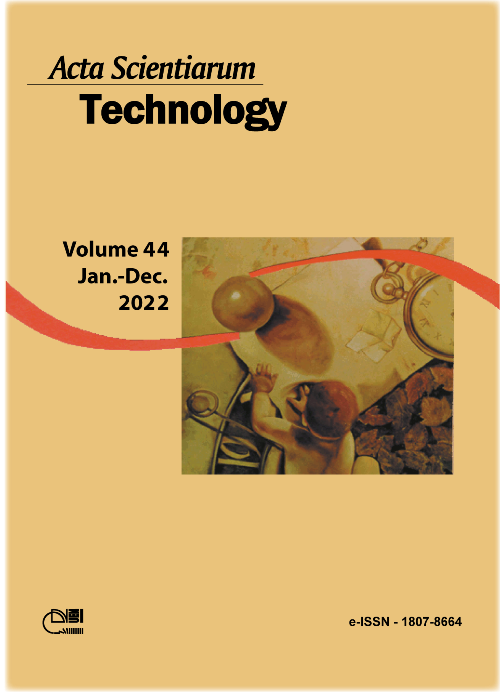Defining cost standard and new algorithm for economic leakage level components in water loss management
DOI:
https://doi.org/10.4025/actascitechnol.v44i1.57829Palavras-chave:
: Leakage; economic analysis; cost benefit analysis; economic leakage level.Resumo
Methods and tools used to reduce leakage in distribution systems are often time consuming and costly and require special requirements. Therefore, cost-benefit analysis is very important for basic reduction methods applied in water loss management. In this study, cost and benefit analysis standards were developed for basic methods such as pressure management, number of teams, and pipe rehabilitation and active leakage control, in managing leakages. Moreover, a new cost algorithmic structure was developed and the economically recoverable water amount was determined by applying calculation tool developed to make detailed analyzes systematically and accurately. The most important advantage of this study is the development of an economic analysis model and algorithmic structure for basic reduction methods according to field data. It is thought that the cost analysis and algorithmic structures developed will make a significant contribution to the economic leakage level analysis and serve as a reference for sustainable water loss management.
Downloads
Downloads
Publicado
Como Citar
Edição
Seção
Licença
DECLARAÇíO DE ORIGINALIDADE E DIREITOS AUTORAIS
Declaro que o presente artigo é original, não tendo sido submetido í publicação em qualquer outro periódico nacional ou internacional, quer seja em parte ou em sua totalidade.
Os direitos autorais pertencem exclusivamente aos autores. Os direitos de licenciamento utilizados pelo periódico é a licença Creative Commons Attribution 4.0 (CC BY 4.0): são permitidos o compartilhamento (cópia e distribuição do material em qualqer meio ou formato) e adaptação (remix, transformação e criação de material a partir do conteúdo assim licenciado para quaisquer fins, inclusive comerciais.
Recomenda-se a leitura desse link para maiores informações sobre o tema: fornecimento de créditos e referências de forma correta, entre outros detalhes cruciais para uso adequado do material licenciado.



















